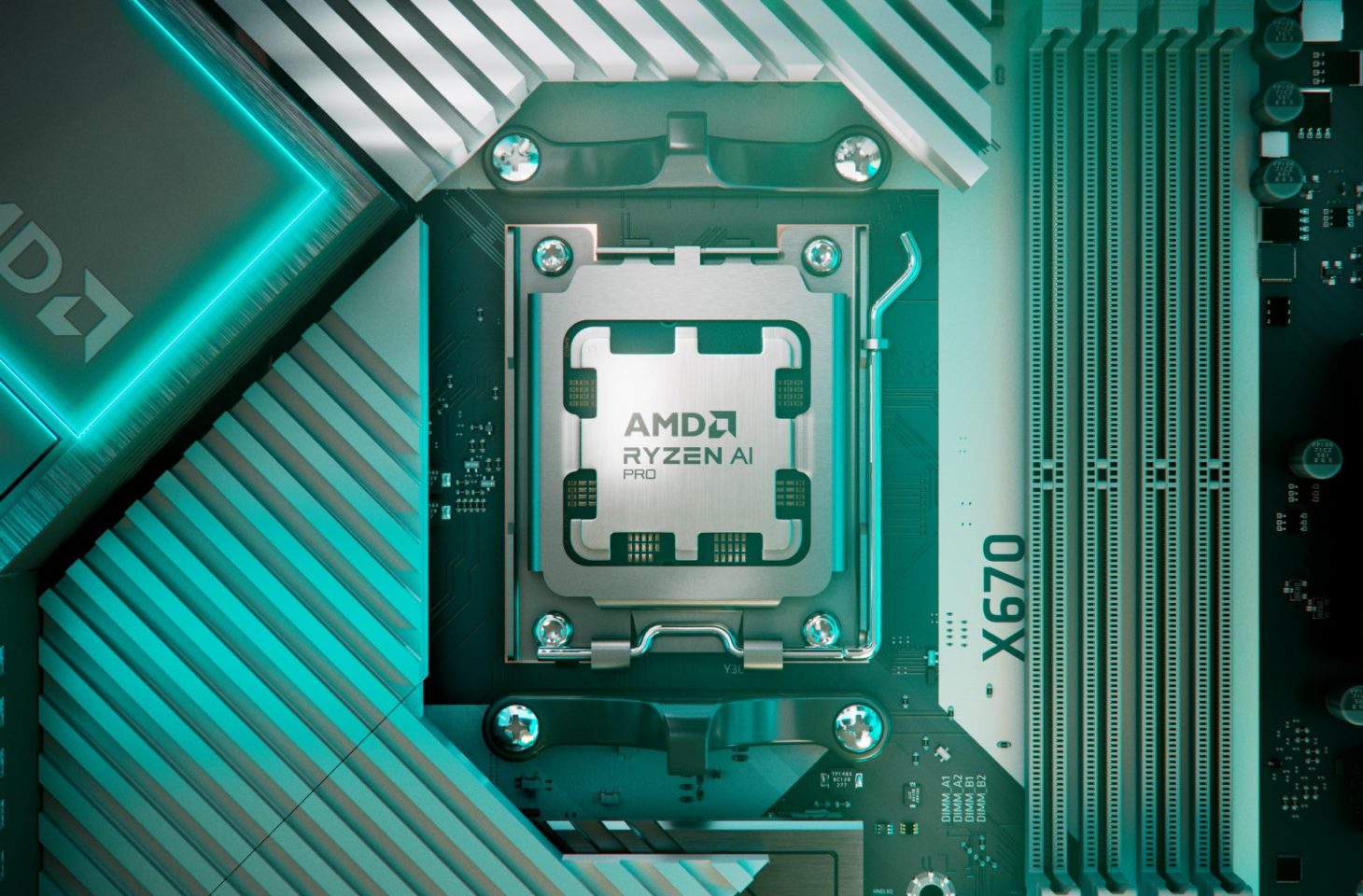AMD will certainly support the AM5 socket until 2027
- July 17, 2024
- 0
AMD says it will certainly launch new processors that fit into the AM5 socket by 2027. Making the latest generation of desktop processors available for this socket would
AMD says it will certainly launch new processors that fit into the AM5 socket by 2027. Making the latest generation of desktop processors available for this socket would


AMD says it will certainly launch new processors that fit into the AM5 socket by 2027. Making the latest generation of desktop processors available for this socket would also mean a leap in efficiency.
In the run-up to the launch of the Ryzen 9000 desktop CPUs, AMD announced that the associated socket would be guaranteed support for several years. Initially, AMD guaranteed that the AM5 socket would remain current until next year. Now this deadline has been pushed back to 2027.
The AM5 socket is the successor to AM4 and supports the current Zen 4 chips as well as the next generation of Ryzen with Zen 5. Owners of a system with an AM5 motherboard can therefore replace their old CPU with a new one without any further modifications to their system. This can be useful, for example, for professionals who want to upgrade to a more efficient chip with more cores to increase shipping speed.
Long-term socket support has been a staple of AMD since the launch of the first Zen chips. This was a way for the company to differentiate itself from Intel, which at the time was releasing a new socket for almost every new chip.
AM4 is currently still supported, but there are some comments. The socket will continue to receive new chips, although the new CPUs are based exclusively on old technology.
The new AMD Ryzen 9000 desktop chips, which are scheduled for release soon, will fit into existing AM5 motherboards after a BIOS update. AMD promises many improvements for Ryzen 9000. In particular, efficiency will increase: almost all models except the absolute top component will have a lower TDP, but will deliver better and faster performance.
This is possible because Ryzen 9000 and Zen 5 use a new production process: 4 nm from TSMC. This process enables smaller components and transistors that consume less power and generate less heat.
Source: IT Daily
As an experienced journalist and author, Mary has been reporting on the latest news and trends for over 5 years. With a passion for uncovering the stories behind the headlines, Mary has earned a reputation as a trusted voice in the world of journalism. Her writing style is insightful, engaging and thought-provoking, as she takes a deep dive into the most pressing issues of our time.